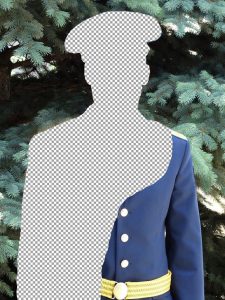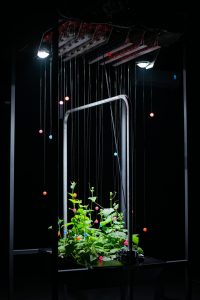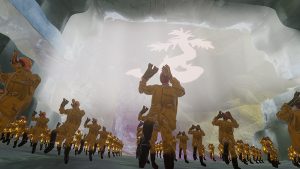|
[ReplieeQ2. via MouRa] |
Hiroshi Ishiguro, who is the creator of the world’s most human-like robot named ReplieeQ2 (a short video clip), is going forward with a seminal idea and hard work, some of which he may soon be able to delegate to an android of himself. “I will not need to come here again” “I will send my android instead” – according to The Sydney Morning Herald, that is what he said at at an international conference that recently took place in Sydney. In order to ensure his new android would resemble him as closely as possible, he was already covered from top to toe in a plaster cast and precise measurements of his skull were taken. He expects to finish building the android of himself within a few months. Last summer, Ishiguro gave a planery talk at a workshop, in which he talked about Android Science, a cross-interdisciplinary framework. |
His paper is available for download from the workshop website. Androids and other robots are different in the way they are evaluated — because androids are expected to resemble humans as much as possible. There are a number of unique research challenges that need to be addressed for building better androids. And one could say that many of these challenges are related to the issue of anthropomorphism.
|
Androids could also enable new methods for congnitive science research. Imagine an android version of Turing Test. Well, you can already do it with ReplieeQ2, I guess. Ishiguro discusses the issue of uncanny valley in relation to such a test. Uncanny valley corresponds to the state that androids imperfectly resemble humans and look like moving corpse. People will like them better if they look either more like humans or less like humans. I’m not an expert in this field, but it sounds like a key issues in this research. |

[illustration by cami dodson] |
Again, what’s particularly interesting is the mutually benefitting relationship of android engineering and cognitive science — because androids could help advance cognitive science research, which will perhaps help build better androids.
related website:
Android Science (Ishiguro Lab at Osaka University)


![7 art and tech ideas I discovered at Meta.Morf 2024 – [up]Loaded Bodies 7 art and tech ideas I discovered at Meta.Morf 2024 – [up]Loaded Bodies](https://we-make-money-not-art.com/wp-content/uploads/2024/05/53705969154_73dfdfea6f_c-300x200.jpeg)





